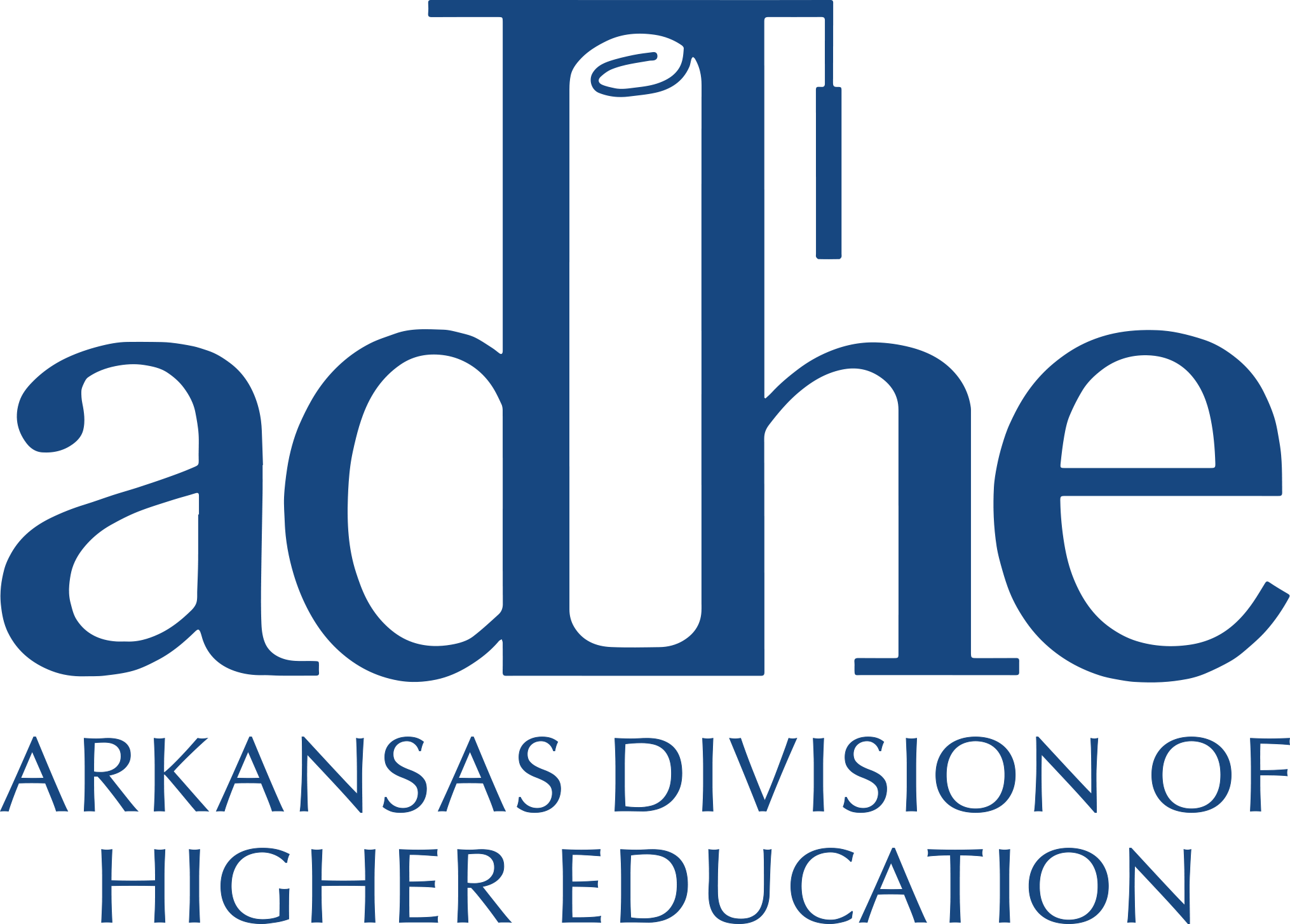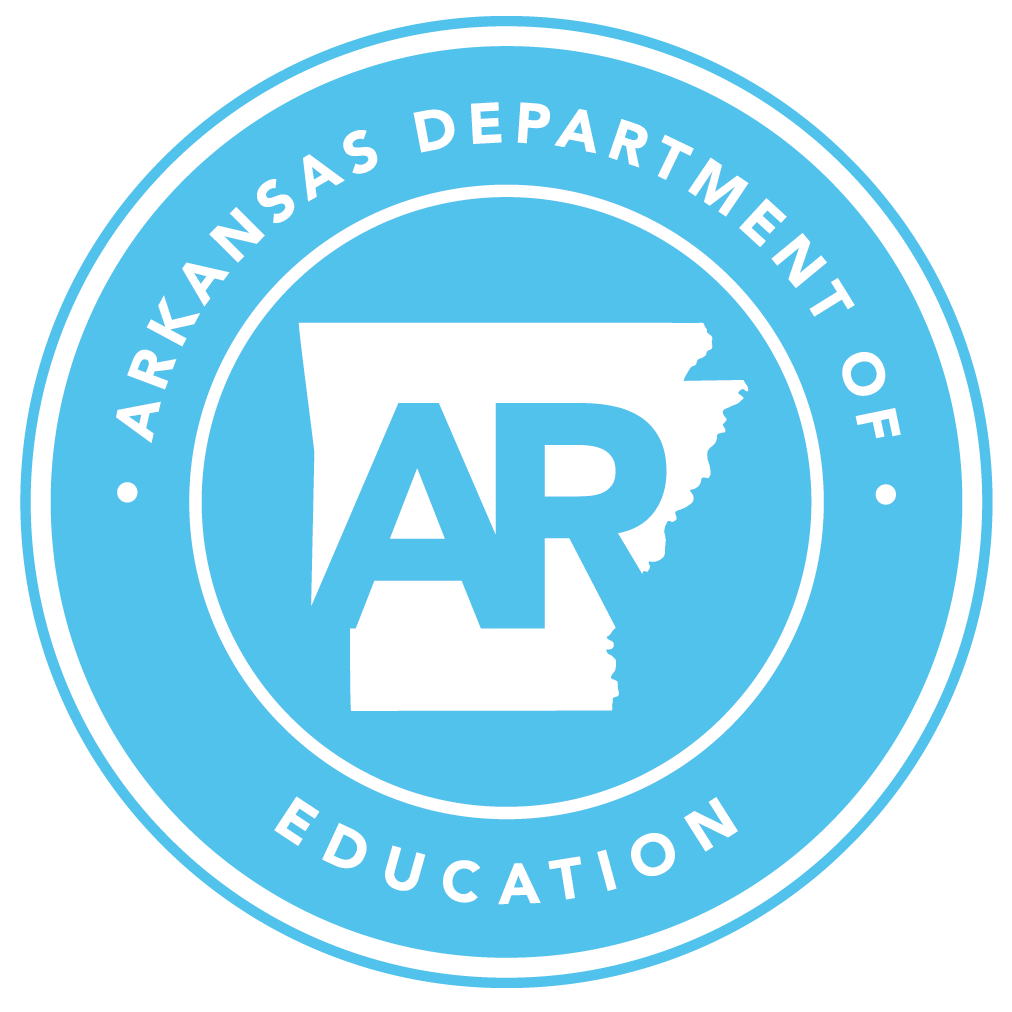Press Release Details
Arkansas joins the National Council for State Authorization Reciprocity Agreements
Posted Date: 6/30/2015
FOR IMMEDIATE RELEASE
Contact:Lisa Smith
Arkansas Department of Higher Education
501-371-2055
Lisa.Smith@adhe.edu
Arkansas has been approved by the Southern Regional Education Board (SREB) as the 25th state to join the National Council for State Authorization Reciprocity Agreements (NC-SARA). SARA is a nationwide initiative of states that will make distance education courses more accessible to students across state lines, as well as making it easier for states to regulate and institutions to participate in interstate distance education. The SARA agreements are being overseen by the National Council for State Authorization Reciprocity Agreements (NC-SARA); www.nc-sara.org , and are being implemented by the four regional higher education interstate compacts, the Midwestern Higher Education Compact (MHEC), the New England Board of Higher Education (NEBHE), the Southern Regional Education Board (SREB), and the Western Interstate Commission of Higher Education (WICHE). The effort is funded by a $3million grant from Lumina Foundation, $200,000 from the Bill & Melinda Gates Foundation, and fees paid by institutions.
Arkansas Department of Higher Education (ADHE) will serve as the state portal agency for SARA. “Online learning is a significant and important component of the higher education landscape,” says ADHE Director Dr. Brett Powell. “I am pleased that Arkansas will be part of this effort to coordinate the regulation of online programs for the benefit of both Arkansas institutions and Arkansas students. Our institutions will be relieved of a significant administrative burden and our students will have greater assurance of educational quality as a result of our relationship with SARA.”
Once a state joins SARA, accredited degree-granting institutions offering distance education courses can seek approval from their home states. When approved, these institutions will be able to operate in other participating SARA states without seeking independent authorization. This process is entirely voluntary (as is the process for states). An institution that chooses not to use SARA can continue to work with individual states to obtain approval to offer distance education to individuals residing in those states.
Arkansas has targeted July 1, 2015, as the effective operational date when the state will begin accepting institutional applications for participation in SARA.
About NC-SARA, MHEC, NEBHE, SREB, WICHE & Lumina Foundation
The National Council for State Authorization Reciprocity Agreements (NC-SARA) is a voluntary, regional approach to state oversight of postsecondary distance education. The initiative is administered by the country’s four regional higher education compacts (MHEC, NEBHE, SREB and WICHE) and overseen by NC-SARA. States and institutions that choose to participate agree to operate under common standards and procedures, providing a more uniform and less costly regulatory environment for institutions, more focused oversight responsibilities for states and better resolution of student complaints.
The Midwestern Higher Education Compact is a nonprofit regional organization assisting Midwestern states in advancing higher education through interstate cooperation and resource sharing. MHEC seeks to fill its interstate mission through programs that expand postsecondary opportunity and success; promote innovative approaches to improving institutional and system productivity; improve affordability to students and states; and enhance connectivity between higher education and the workplace. Member states are: Illinois, Indiana, Iowa, Kansas, Michigan, Minnesota, Missouri, Nebraska, North Dakota, Ohio, South Dakota, and Wisconsin.
The New England Board of Higher Education promotes greater educational opportunities and services for the residents of New England. It works across the six New England states to engage and assist leaders in the assessment, development, and implementation of sound education practices and policies of regional significance; promote policies, programs, and best practices to assist the states in implementing important regional higher education policies; promote regional cooperation and programs that encourage the efficient use and sharing of educational resources; and provide leadership to strengthen the relationship between higher education and the economic well-being of New England.
The Southern Regional Education Board works with 16 member states to improve public education at every level, from pre-K through Ph.D. SREB is a nonprofit, nonpartisan organization headquartered in Atlanta. SREB states currently participate in SREB’s Electronic Campus Regional Reciprocity Agreement, and SREB is working closely with SARA to expand reciprocity nationwide. Member states are Alabama, Arkansas, Delaware, Florida, Georgia, Kentucky, Louisiana, Maryland, Mississippi, North Carolina, Oklahoma, South Carolina, Tennessee, Texas, Virginia, and West Virginia.
The Western Interstate Commission for Higher Education and its 16 members work collaboratively to expand educational access and excellence for all citizens of the West. By promoting innovation, cooperation, resource sharing, and sound public policy among states and institutions, WICHE strengthens higher education’s contributions to the region’s social, economic, and civic life. WICHE’s members include: Alaska, Arizona, California, Colorado, Hawai‘i, Idaho, Montana, Nevada, New Mexico, North Dakota, Oregon, South Dakota, Utah, Washington, Wyoming, and the Commonwealth of the Northern Mariana Islands (the first of the U.S. Pacific territories and freely associated states to participate).
Lumina Foundation is an independent, private foundation committed to increasing the proportion of Americans with high-quality degrees, certificates and other credentials to 60 percent by 2025. Lumina’s outcomes-based approach focuses on helping to design and build an accessible, responsive, and accountable higher education system while fostering a national sense of urgency for action to achieve Goal 2025.

